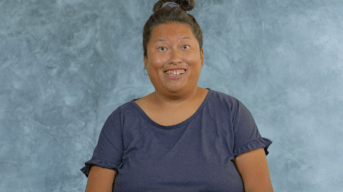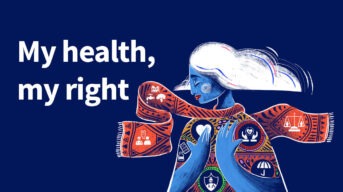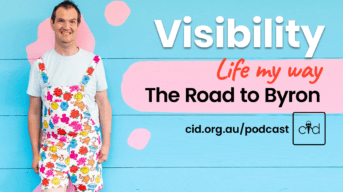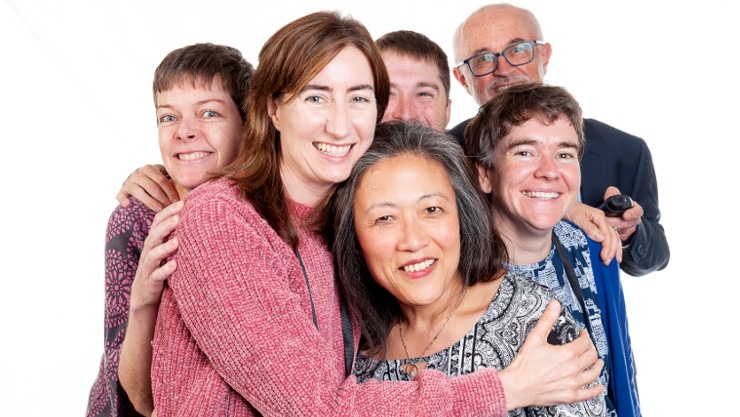
From rights to results – CID shines at ASID 2019
CID’s presenters were popular at this year’s conference of the Australasian Society for Intellectual Disability (ASID) in Adelaide earlier this month.
Our Chairperson Shu Hua Chan and Senior Advocate Jim Simpson were keynote speakers.
They talked about how CID achieves systemic change, and about the central role of people with intellectual disability in fighting for change.
Shu told her story of how she has gone from a 13-year-old migrant to Australia to now being chairperson of CID and the face of the Our Health Counts campaign.
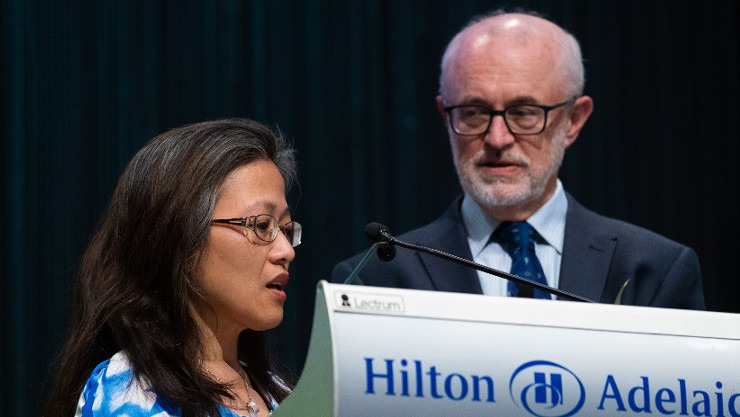
Shu said she has become a leader through learning from other people with intellectual disability, especially those who have had leading roles at CID.
She talked about the support people get from CID staff to develop their leadership skills and carry them out.
Jim talked about how our advocacy work has changed over the years. We used to advocate for people with intellectual disability. Now, people with intellectual disability are at the centre of our advocacy.
Our advocacy work has also widened from lobbying in the corridors of power. We now use a lot of different strategies to make change happen.
For example, we run broad-based campaigns like the Our Health Counts campaign with powerful images and videos. We also build strong networks of allies to help us fight for the rights of people with intellectual disability.
Most importantly, our advocacy and campaign work is based on the stories and voices of people with intellectual disability.
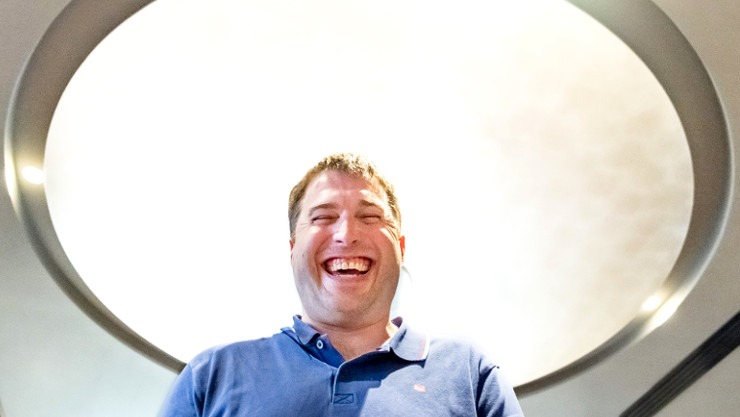
Apart from the keynote by Shu and Jim, other staff also ran sessions at the conference.
In their session ‘More than just a poster boy’, Ben Alexander and Rachel Spencer talked about how to make sure people with intellectual disability have control of how they are represented in communications.
They gave practical tips and examples about issues such as informed consent, proper acknowledgement, fair reimbursement, co-designing stories, and taking respectful images.
Jack Kelly and Justine O’Neill held a session on inclusive practice for decision-making support. Organisations should facilitate the inclusion and leadership of people with intellectual disability in projects that aim to support them.
Jack and Justine explained how CID uses inclusive practice and why it is an essential part of any work about decision making support, including changes to the law.

CID also presented with Speak out Tasmania on Australia’s recent report to the United Nations (UN). They covered
- Human rights and the Convention on the Rights of Persons with Disabilities
- Civil Society consultation and reporting at the UN in Geneva
- How people with intellectual disability were included in the process and their personal experiences
- What the United Nations had to say about how Australia could improve disability rights
We finished with an activity where people made calls to action in line with recommendations from the UN.
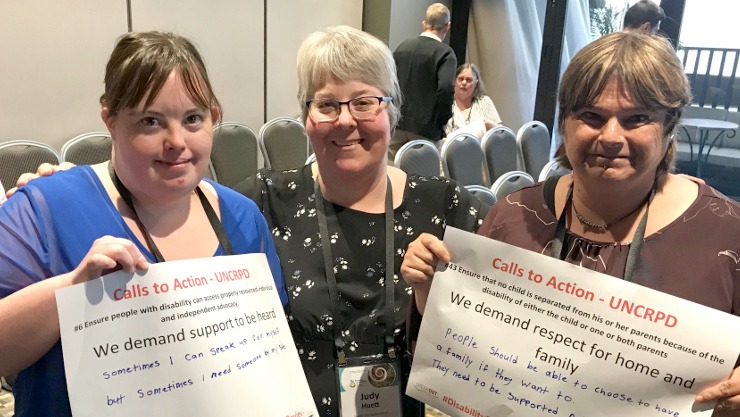
Find out more about our advocacy work
Thank you to Dean Holland for the images on this page. www.deanholland.com.au



 1800 424 065
1800 424 065 











